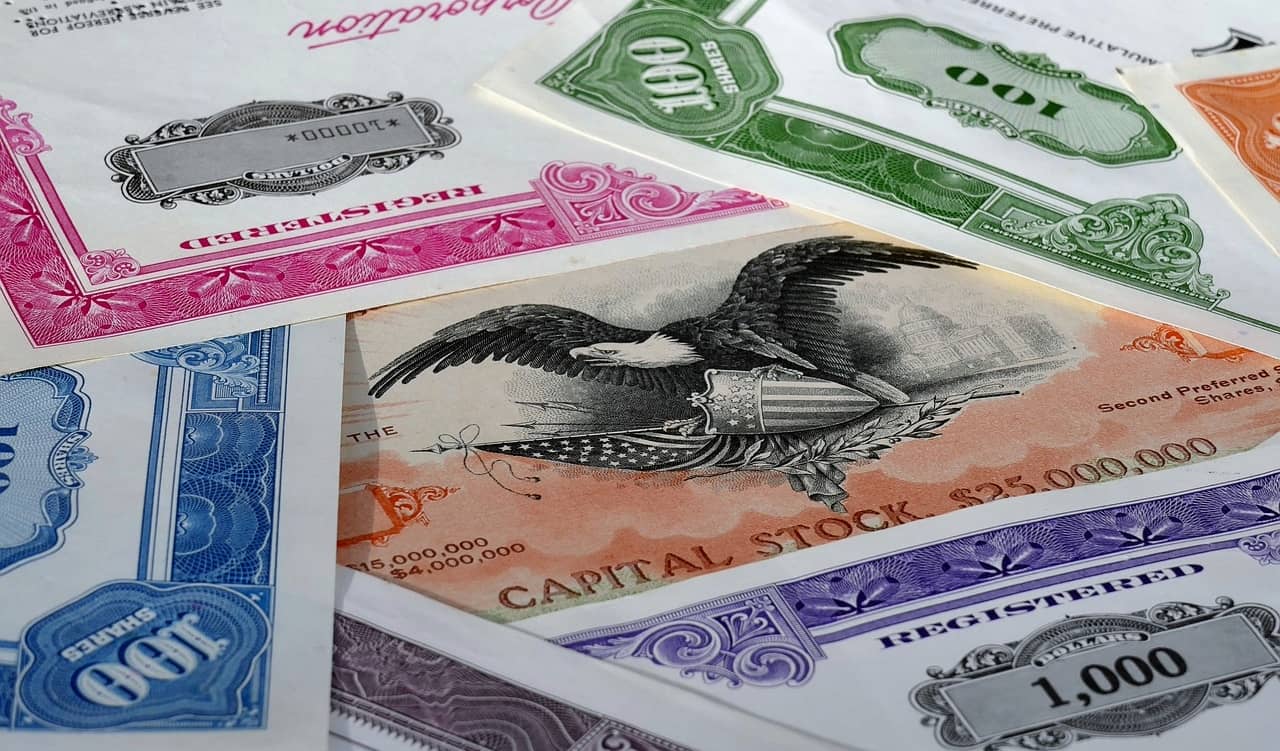 Pic by Pictavio on Pixabay
Pic by Pictavio on Pixabay
We examine the basics to understand what’s happening with Bitcoin ETF applications in the United States.
The battle of the crypto world and Wall Street in the face of the SEC’s hostile attitude towards Bitcoin ETFs rages. Regulators maintain a deliberate stance against approving these spot products, but the battle is tilting toward crypto.
We briefly review some essential points to understand the current context of this years-long fight. If the regulatory agency has no choice but to proceed with approval, this would be big news for the digital currency market. The conditions seem ripe for crypto investors to benefit from the next bull cycle. For Bloomberg analysts, it is time for an approval that can already be considered a done deal.
What is a Bitcoin ETF?
Exchange-Traded Funds (ETFs) are part of a larger family of exchange-traded products. They currently boast a $7 trillion market that is growing constantly. Some crypto and other Wall Street firms have wanted spot Bitcoin ETFs for several years. It is worth mentioning that there are already some ETFs of this digital currency, but they are in the form of futures. The crypto community and some large companies want investors to have these products available in spot form.
Difference between Bitcoin futures and spot
Futures are binding contracts to trade (buy or sell) assets at specific prices but at a later date. These are common in a wide range of markets, such as oil. With these future contracts, investors can speculate on an asset without buying it or directly owning the underlying asset. As such, according to how BTC prices fluctuate, futures immediately follow those spot movements on exchanges such as the Chicago Mercantile Exchange (CME). In the spot market, on the other hand, users can buy or sell the actual currency through exchanges.
What products are available so far?
The ProShares Bitcoin Strategy ETF was the first such futures fund approved by the SEC in August 2021. Approval in Canada followed earlier that same year. In the latter case, the managers claim that individuals invest directly in Bitcoin. In June this year, there was also a launch of futures ETFs by Volatility Shares. Recently, some Ethereum futures funds also received approval in October. On the other hand, some firms have been tracking Bitcoin similarly to an ETF, but with some restrictions. The best-known of these is Grayscale’s GBTC.
After the world’s largest investment manager, BlackRock, announced its application, hopes in the industry were reborn. This application triggered the crypto market to get into an exit position, plus it spawned a rush of applications from other firms. Grayscale took up the push to convert GBTC into a spot Bitcoin ETF with more force. In the court case against Grayscale, the SEC announced that it would not file appeals against the court’s decision. The latter left the door open for approval to become a reality. However, it remains to go through the time gaps that the latter will take.
The SEC approval process
The regulatory agency approved these exchange-traded products based on arguments such as the low liquidity of the crypto market. Similarly, they also make mention of the immaturity of the market, which makes it a sector vulnerable to manipulation. Added to all this is the volatility of the assets that make up the crypto universe. According to the agency, retail investors can get hurt by the intense volatility in cryptocurrencies. Repeatedly, SEC chief Gary Gensler argued that the potential for fraud is one of the biggest hurdles for the sector.
But assuming the SEC has no choice and has to approve an ETF, the process still needs to be completed. In other words, if the regulators decide to remove the hurdles, there would be a slow stage of generating the conditions, including requesting new requirements from applicants, which would lengthen the process even more. Some experts believe there will be at least one ETF approval before the end of the year. However, other analysts consulted in the same media think we should make reasonable assumptions. For the latter, it is a battlefield in which the SEC has postponed 30 times the applications of different firms.